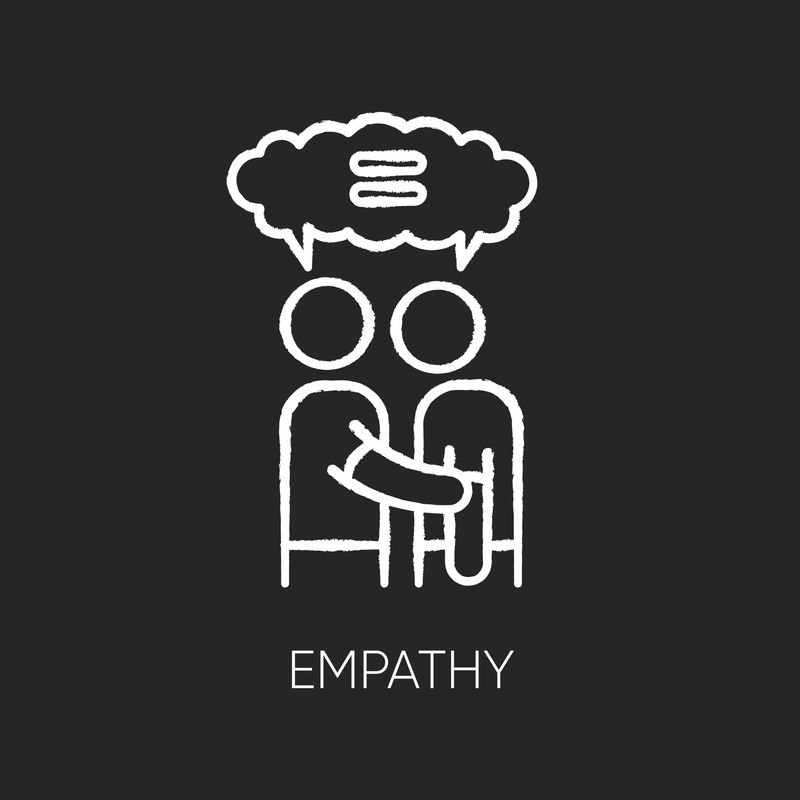Impatience often stems from a variety of underlying reasons that affect how individuals interact with others. Understanding these causes can help us empathize with those who are frequently frustrated. Here are seven reasons why some people may lose patience with everyone around them.
1. High Expectations

High expectations can drive people to lose patience easily. When someone holds themselves and others to lofty standards, they may become frustrated when these expectations aren’t met. A person might feel constantly let down by the people around them, leading to frequent irritation. They may believe that their way is the only correct approach, and deviations from it are unacceptable.
This mindset often results in an inability to tolerate mistakes or delays, fostering a tense environment. Ultimately, such individuals may struggle to appreciate others’ efforts, focusing instead on perceived shortcomings.
2. Stress Overload

Stress is a common culprit behind impatience. When overwhelmed by responsibilities, people may lack the bandwidth to deal with additional demands. Stress can shorten tempers, making minor inconveniences seem unbearable.
A person experiencing stress overload might snap at family or colleagues without realizing the impact. They are often trapped in a cycle of worry and pressure, unable to find a moment of peace.
This constant state of tension leaves little room for patience, as the mind is preoccupied with managing stressors.
3. Lack of Control

The feeling of having no control can lead to impatience. When individuals perceive their environment as unpredictable, they may react with frustration. Situations like being stuck in traffic or experiencing sudden schedule changes can amplify these feelings.
The anxiety of not being able to dictate outcomes contributes significantly to impatience. People who crave control but face chaos often feel helpless, leading to irritable interactions.
They may lash out as a means of coping, striving to regain some semblance of order.
4. Impatience as a Habit

For some, impatience becomes a habitual response. Over time, it becomes ingrained in their personality, influencing how they react to everyday situations. This habitual impatience can stem from past experiences where being impatient received positive reinforcement.
Such individuals may not recognize their impatience as a problem, viewing it instead as a natural response.
They might frequently express dissatisfaction, projecting their impatience onto others. Breaking this cycle requires self-awareness and effort to develop healthier responses.
5. Perfectionism

Perfectionists often struggle with impatience. Their drive for flawlessness means any imperfection can lead to frustration. When things don’t align with their ideal, they become critical, not just of themselves but others too.
This pursuit of perfection creates pressure, leaving them little room to tolerate errors. As they strive for unattainable standards, their patience wears thin.
The frustration stems from the gap between reality and their vision, often resulting in strained relationships.
6. Lack of Empathy

Empathy is crucial for patience. Those lacking it may find it hard to understand or tolerate others’ perspectives. Without empathy, small grievances grow into larger frustrations. They might view others’ actions as deliberate annoyances rather than misunderstandings or mistakes.
This lack of understanding fosters a sense of isolation, contributing to impatience. Developing empathy requires effort and a willingness to look beyond oneself.
A more empathetic outlook can help mitigate impatience, easing interpersonal tensions.
7. Fatigue and Exhaustion

Fatigue can erode patience rapidly. When exhausted, people have limited energy to manage stress or frustration. Everyday tasks can become overwhelming, leading to snappy reactions.
Parents, particularly, may experience this due to the demands of caregiving. Exhaustion blurs focus, making it hard to stay calm during challenging moments.
Acknowledging the impact of fatigue is crucial for regaining patience. Prioritizing rest and self-care can help manage this impatience, fostering more harmonious interactions.

